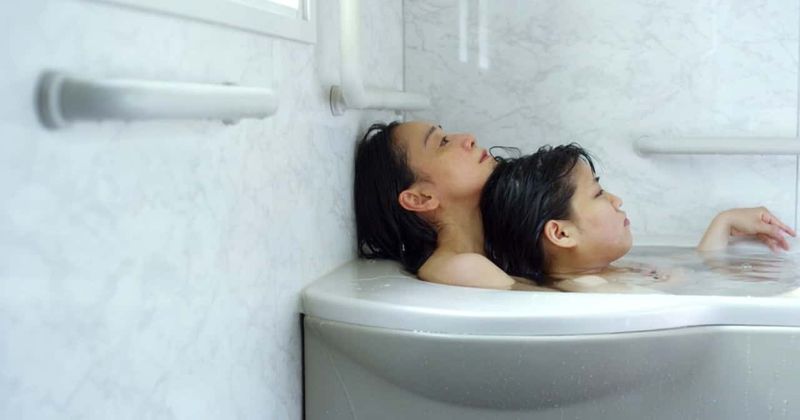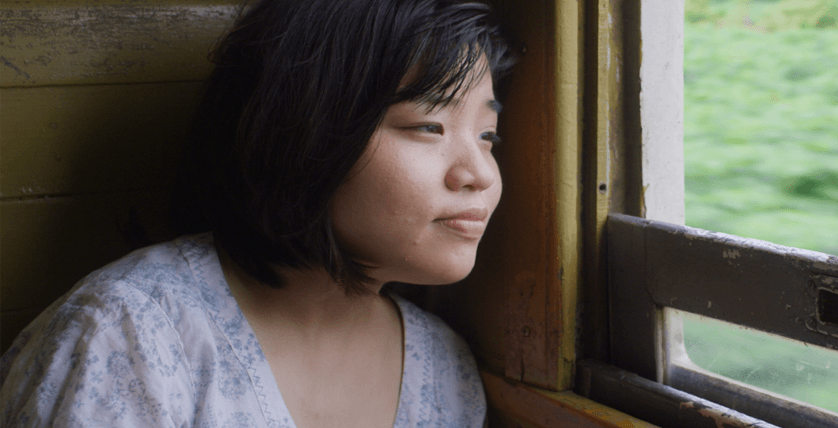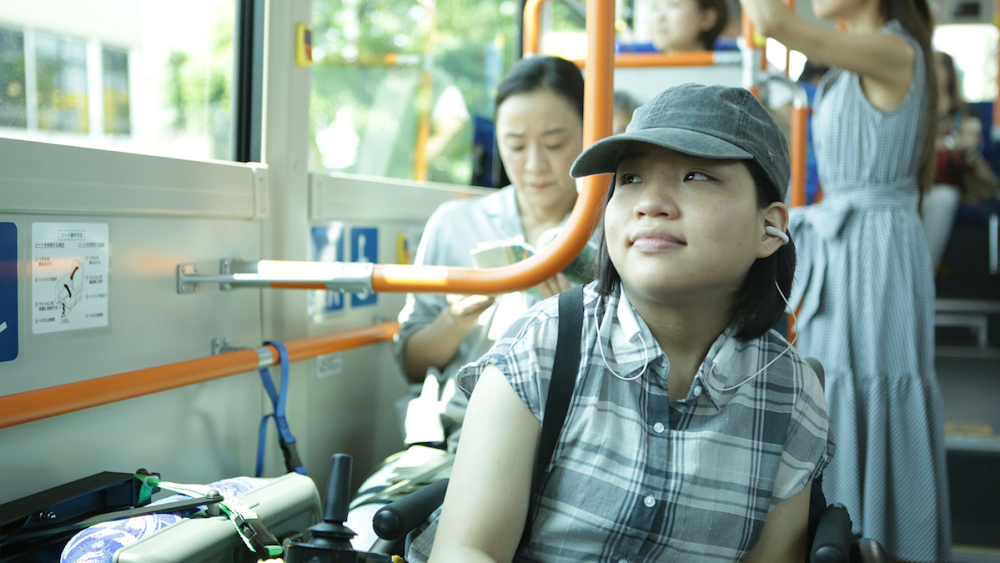‘37 Seconds‘ is a Japanese drama film that takes you on an inclusive journey of a young girl who suffers from cerebral palsy. The film not only proves to be a great window into the lives of the diverse society we live in but it also allows you to personally relate and have feelings of inclusion to whatever the main character is going through. So further down in this article, we will be exploring and explaining all the physical and social limitations that the character goes through and how she develops an adventurous spirit to rebel against the constraints she’s lived with all her life.
The Desire to Know and be Known

Deep within all of us, is this desire to be accepted and to be known by the world around us. Yuma, a young vibrant woman, who suffers from cerebral palsy, is no different. She lives under the shelter of her overly protective mother, who never really lets her do anything by herself. There is a scene in the first few moments of the film where Yuma’s mother gives her a bath, believing that she is not capable of doing that all by herself. This scene later becomes a very consequential part of its storyline.
Yuma works as a manga artist but all of her creative work is stolen by another renowned mangaka, who only pays her a small fee for all that she’s doing for her. Yuma later realizes that the employer is in no way acknowledging her work and that’s where her desire to be known further grows. She tries her best to get in touch with other manga publishers who would be willing to publish her work, but all of them claim that her work lacks originality. But that’s not where she gives up.
She later tries her hand at hentai manga and even manages to land a meeting with a popular publisher. However, to her dismay, the publisher asks her to have some real-life sexual experiences before she starts illustrating them. Yuma does fail again, but her constant urge to be known animates her initiation into an independent adult world.
Grabbing Life by the Horns

After being rejected by the manga publisher, Yuma decides to delve into new adventures and after lying to her mother about it, she explores her sexuality in the colorful backdrop of the streets of Japan. However, yet again, things don’t go as planned and her desire to experience sex for the first time goes completely downhill. But soon after this, there is a scene in the film where she takes a shower all by herself in her hotel room. This marks the beginning of her life as an adult. Back when she was at home, she wasn’t even capable of doing the most minor tasks, or at least that’s what her mother forced her to believe. But when she chooses to take control of her life, everything begins to make sense.
Yuma also ends up making new friends who accept her the way she is and never ostracize her. But when her mother finds out all about her sexual endeavors and her defiance towards the rules of their home, she gets really mad at her. But all this time, a catharsis subtly takes place inside Yuma and now she yearns to break free from the restrictive environment that her mother has created for her. After having experienced the world outside, Yuma unreluctantly sneaks out of her mother’s web one day and decides to meet her father, who had abandoned her as a child.
She first meets her Uncle, who tells her that her father passed away a few years ago. To her surprise, he also reveals to her that she has a twin sister who lives in Thailand. With this, Yuma goes to Thailand and meets her sister for the first time. An awkward silence ensues between the two girls when they meet, but eventually when Yuma begins to leave, her sister apologizes for not getting in touch with her all this while. She tells her that after finding out about her disabilities, she was too afraid to talk to her. And as Yuma’s sister learns that Yuma is no different from her, even Yuma begins to realize that she needs to learn to accept herself.
The Ending: Finding One’s Place in the World

Yuma later recalls how only 37 seconds ended up changing her life. When she was born, she did not breathe for 37 seconds and its these defining moments of her life that completely altered it. She thinks of all the scenarios in which she, too, like her sister, would’ve had a normal life. But then she dismisses it by saying that she’s glad that it happened to her and not her sister. This also creates a stark contrast to one of the initial scenes of the film where Yuma looks at a beautiful young woman on a train and then looks at her own reflection with disappointment. And now, after her steady transformational journey, she is willing to accept who she is.
After finally meeting her sister, she returns home to her mother, who also ends up learning a lot from her daughter’s absence. Yuma travels to an entirely different country only to eventually realize that she belongs with her mother. Her mother completely breaks down and understands that although Yuma needs her nurturing love to grow, she also needs her own freedom. And no matter what she does, no matter how many restrictions she tries to impose on her, Yuma will eventually break free from it all to fulfill her own “itching for wings.”
In the final moments of the film, Yuma goes back to the publisher and tells her that she’s grateful that she rejected her. When the publisher asks her why she’s thanking her, Yuma tells her that she wouldn’t have had all these experiences without her rejection. In the end, even the publisher realizes her true potential and accepts her work. In the closing scene of the film, Yuma can be seen all alone in her wheelchair on a crowded street in Japan without anyone keeping an eye on her. And it’s this scene that represents how she has learned to be herself. Without explanations or definitions. And of course, with her own manga underway, she has also learned to give herself the credit that she truly deserves.
Read More: 37 Seconds Review


You must be logged in to post a comment.